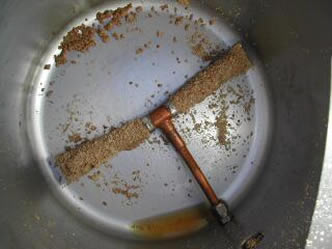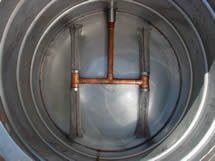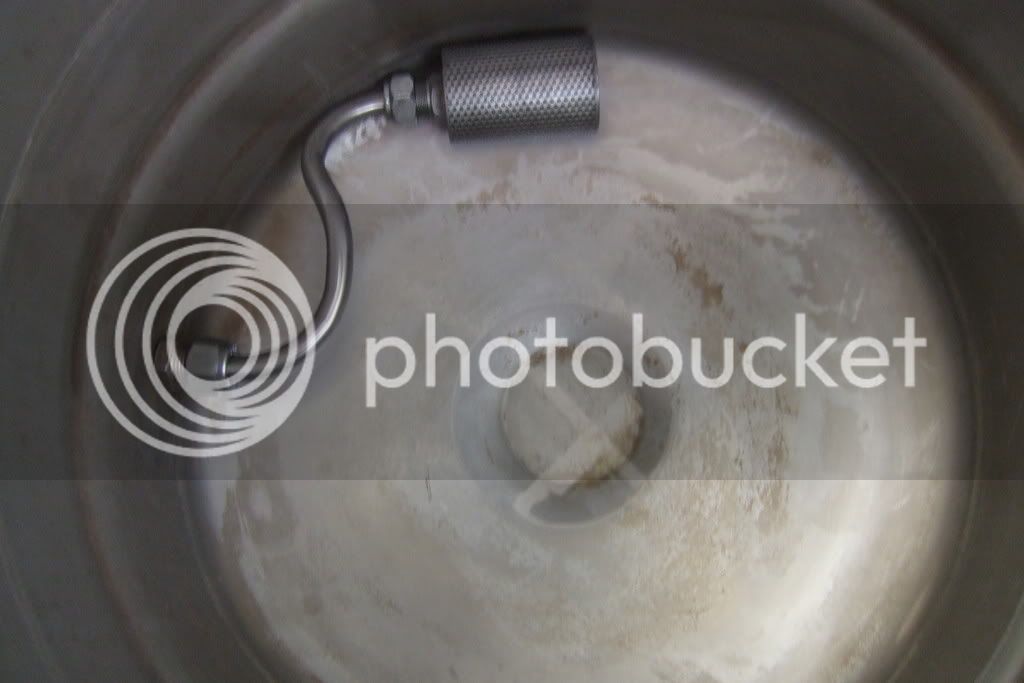TheSumOfAllBeers
Well-Known Member
- Joined
- 19/10/17
- Messages
- 126
- Reaction score
- 40
OK guys, an update on today's brew and unfortunately it's not good news...
So firstly, the recipe:
...
5.5kg Gladfield American Ale Malt.
..,
As you can see, I was way off my original gravity. I was meant to be hitting 1.055, however, I hit 1.044 post boil.
My pre-boil gravity was 1.039.
That's 60% efficiency.
Pre Boil Volume was 28L. Volume into fermenter was 24.5 Litres.
I also milled my own grains for the first time. (Picture of the milled grains attached.)
Thanks.
First of all I ran your numbers:
Your total extract for that malt is 1698 gravity points. You got 44x24.5=1078 into the FV.
That's 63% brewhouse efficiency meaning your mash efficiency is probably closer to 70% or higher
Basically you don't have an extraction problem. You have a hitting your numbers problem. Work on your liquor ratios your mash is good.
If you boiled off down to 20L you would have had 20x 1.054 wort








